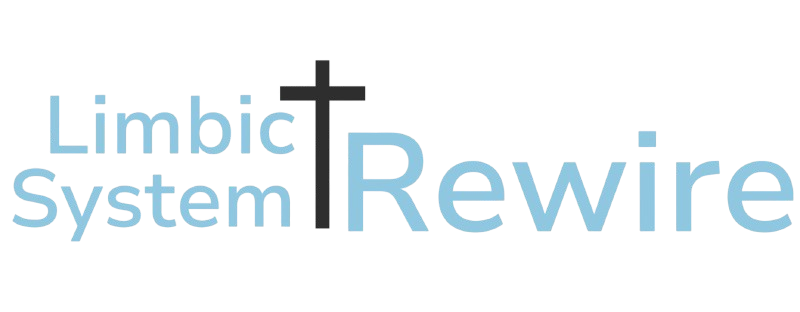Our Blog
Recent Articles

The Heart-Brain Connection: How Scripture and Love Reshape Your Mind
Explore the heart-brain connection through Scripture and neuroplasticity. Renew your mind and support your well-being by aligning with God’s Truth. ...more
Recent Articles
February 14, 2026•7 min read

Renewing the Mind: Navigating the Flight, Fight or Freeze Response
Discover how staying in a chronic flight, fight or freeze response keeps you sick and learn how to use Christian neuroplasticity to renew your mind and heal. ...more
Recent Articles
February 05, 2026•7 min read

Breaking Free from Guilt: How God’s Grace Heals the Mind and Calms the Body
Discover how to release guilt and calm emotional stress symptoms through the power of God's grace and limbic system retraining. Break the cycle of shame today. ...more
Recent Articles
January 29, 2026•6 min read

Healing from Mold Illness: The Link Between Scripture and Brain Science
Struggle with lingering symptoms of mold illness? Discover how mycotoxins impact the limbic system and how to find lasting healing through the gift of neuroplasticity and the truth of Scripture. ...more
Recent Articles
January 22, 2026•4 min read

The Science of a Renewed Mind: 3 Brain Rewiring Techniques for Christians
Discover the powerful connection between faith and neuroscience. Learn 3 practical brain rewiring and neuroplasticity techniques for Christians. ...more
Recent Articles
January 14, 2026•6 min read

Is Your Nervous System in Survival Mode? Understanding the Link Between Rejection and Health
Feeling stuck in a stress response? Discover how to find relief from survival mode and social rejection through a Christ-centered approach to nervous system rewiring. ...more
Recent Articles
January 10, 2026•6 min read
Copyright 2026 Limbic System Rewire All Rights Reserved
Hanna Coaching, LLC
Disclaimer - Refund Policy - Terms and Conditions of Use of this Site
Contact us for questions at support@limbicsystemrewire.com
